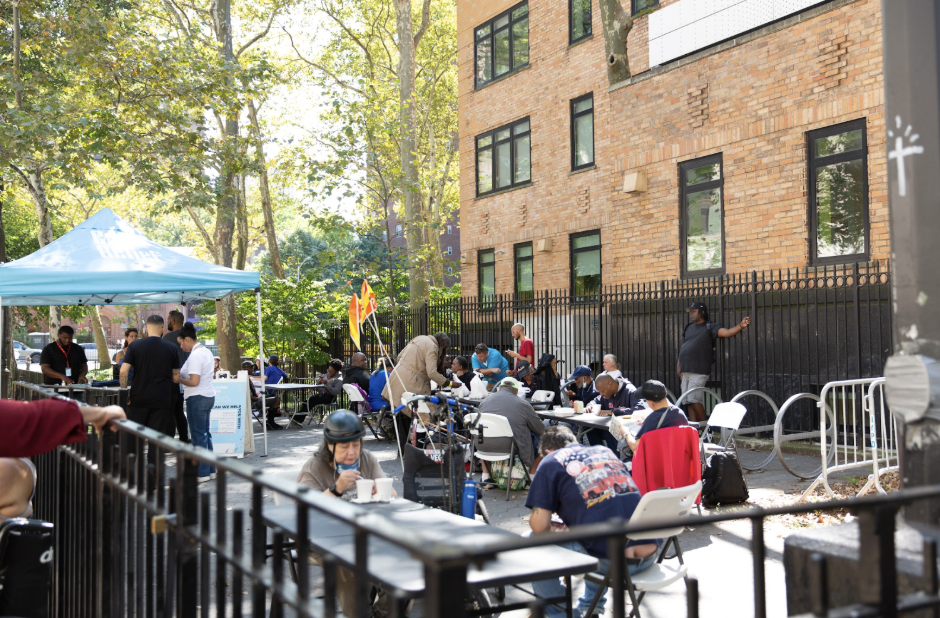Would you leave your sick child to keep your job?
Tasha was working as a cashier at a grocery store in Queens. Every week, nearly half of her paycheck went to childcare for her two young kids. It was barely sustainable, until her youngest came down with a fever. Because her job was hourly, she had no paid time off. That meant two impossible options: call out and lose income she couldn't spare, or go to work and leave her sick child unattended. Neither option was really an option at all.
This is the lived reality for far too many parents in America. According to Child Care Aware of America, the national average annual cost of childcare is $13,128 per child. Let's do the math.
The average hourly wage for a grocery store worker is about $17. Even assuming 40 hours a week (though many employers cap workers at 36 hours to avoid offering benefits), a year's wages after taxes comes to roughly $29,000. That means childcare for just one child can consume about 45% of total income—before rent, food, or transportation are even factored in.
When your income is low and your housing is unstable, that bill becomes crushing. And as any parent knows, children in daycare are constantly exposed to illness. Every time a child gets sick, parents without paid leave are forced into a corner. One illness can collapse an already fragile arrangement.
Here's the part most people don't realize: housing instability itself can trigger devastating consequences. In many states, not having a consistent address can be classified as "neglect." Families who lose their homes live under the constant threat of losing their children as well. Parents who are already working, sacrificing, and scraping by suddenly face the trauma of custody investigations—not because they are unfit, but because they are unhoused.
That fear drives desperate choices. Some parents hide their children in cars overnight. Others leave them in unsafe, underground childcare arrangements or with older siblings who are barely old enough to watch themselves. What looks like “bad parenting” from the outside is often just survival under impossible conditions.
Journalist Brian Goldstone, in his book There Is No Place for Us: Working and Homeless in America, tells of mothers delivering food for DoorDash with their children strapped in the backseat, or sending kids away to live with relatives for months on end. The heartbreak isn't a lack of love, it's the reality of families with nowhere safe to turn.
At City Relief, we meet moms and dads fighting every single day to hold their families together while working jobs that pay too little, offer no flexibility, and punish them for being human. Their greatest fear isn't laziness, it's losing the very children they're sacrificing everything to protect.
This is why compassion matters. When we see the full picture, we realize the challenge isn't about whether parents are willing to work hard, it's about how nearly impossible it is to survive when childcare costs, unstable housing, and the lack of paid leave collide all at once.
With gratitude,
Josiah Haken
City Relief, CEO

